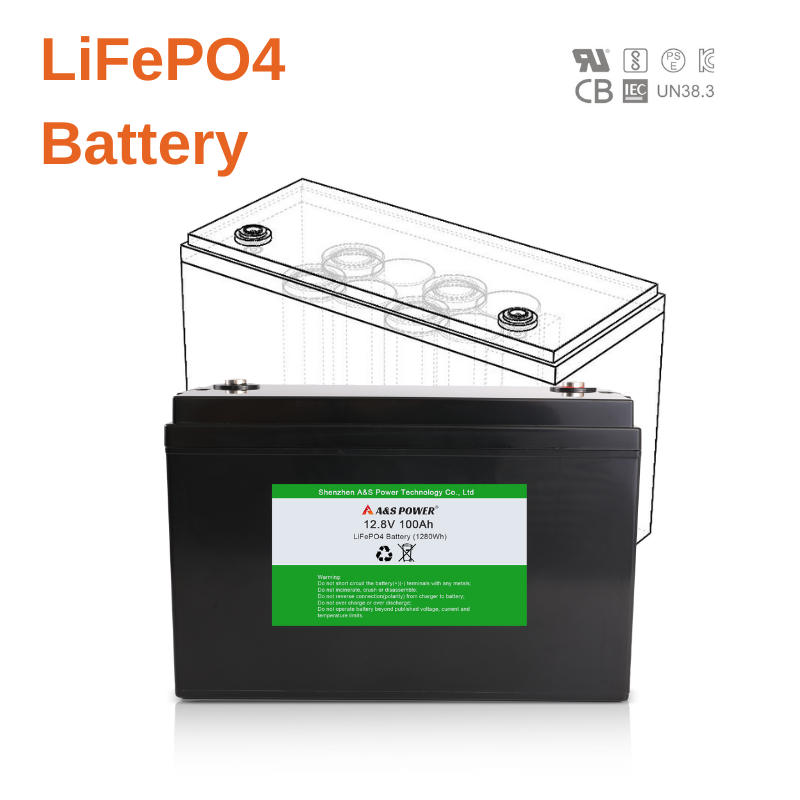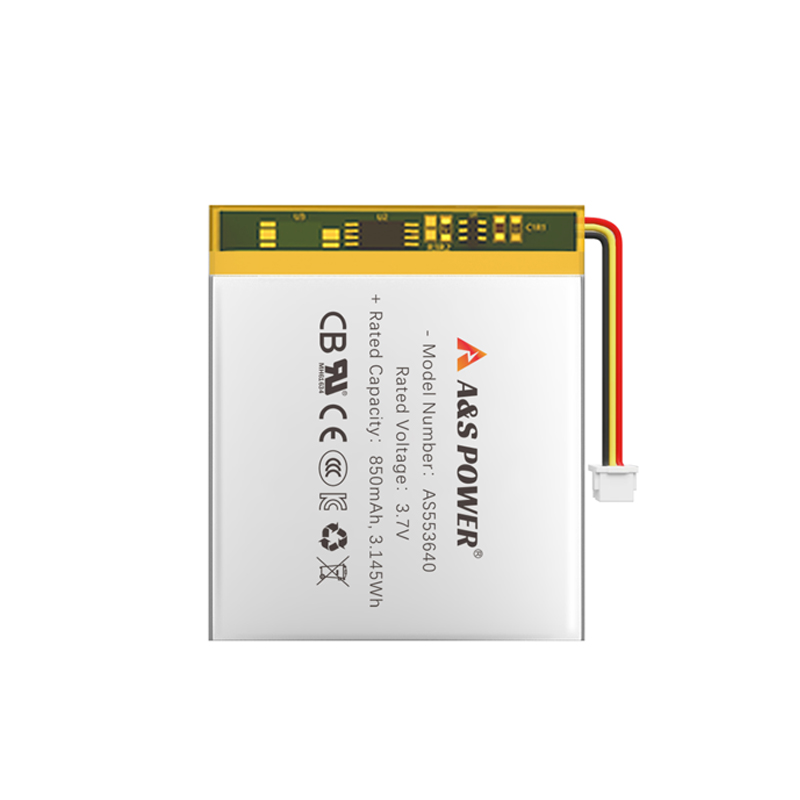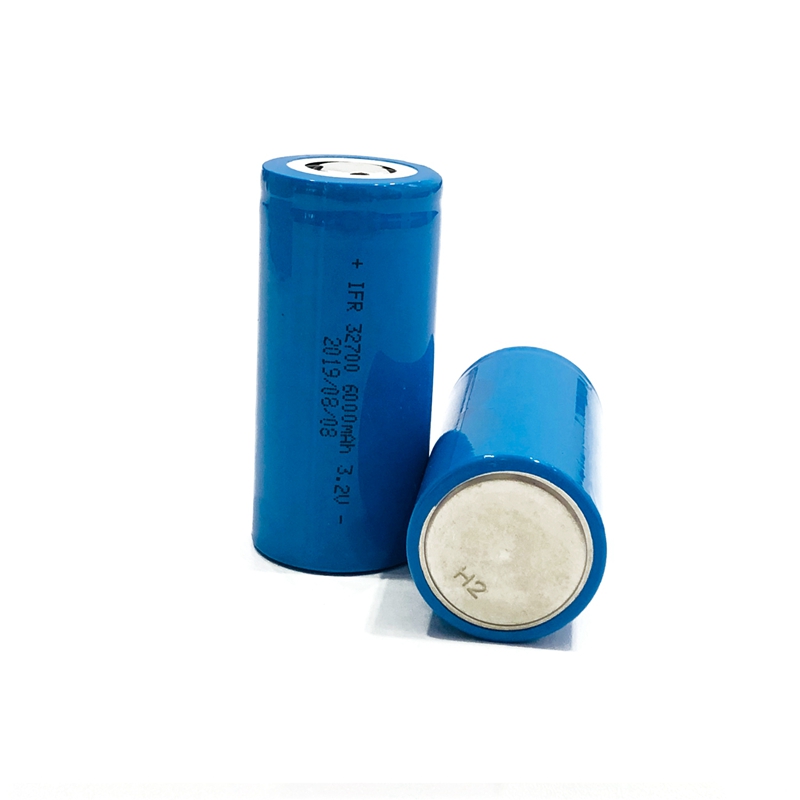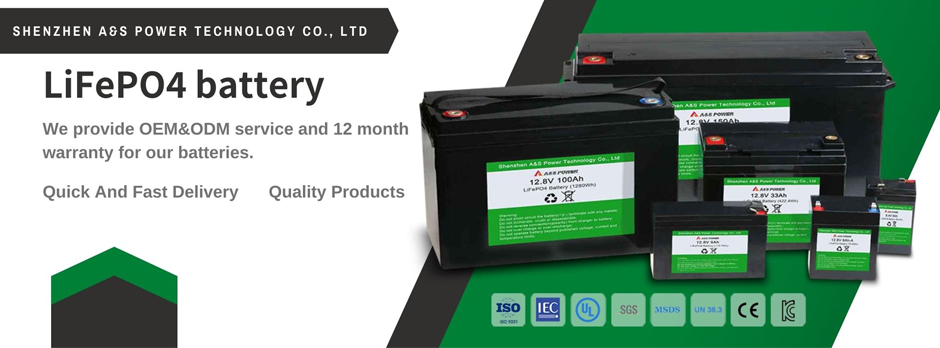Battery
Application
Hot product
Contact us
Comparison of the advantages and disadvantages of lithium batteries and lead-acid batteries
2023-03-16
Which is better, lithium battery or lead-acid battery? Comparison of the advantages and disadvantages of lithium batteries and lead-acid batteries
Lithium batteries are a type of batteries that use lithium metal or lithium alloys as positive/negative electrode materials and use non-aqueous electrolyte solutions. Lithium batteries can be roughly divided into two categories: lithium metal batteries and lithium ion batteries. Li-ion batteries do not contain metallic lithium and are rechargeable. Lithium metal batteries, the fifth generation of rechargeable batteries, were born in 1996, and their safety, specific capacity, self-discharge rate and performance-price ratio are superior to lithium-ion batteries.
A lead-acid battery is a battery whose electrodes are mainly made of lead and its oxides, and the electrolyte is a sulfuric acid solution. In the discharge state of the lead-acid battery, the main component of the positive electrode is lead dioxide, and the main component of the negative electrode is lead; in the charging state, the main component of the positive and negative electrodes is lead sulfate. The nominal voltage of a single-cell lead-acid battery is 2.0V, which can be discharged to 1.5V and charged to 2.4V; in applications, six single-cell lead-acid batteries are often connected in series to form a nominal 12V lead-acid battery , There are 24V, 36V, 48V and so on.
1. Weight energy density
The current energy density of lithium batteries is generally 200~260wh/g, and that of lead acid is generally 50~70wh/g, so the weight energy density of lithium batteries is 3~5 times that of lead acid, which means that under the same capacity, lead Acid batteries are 3 to 5 times that of lithium batteries, so lithium batteries have an absolute advantage in terms of lightweight energy storage devices.
2. Volume energy density
The volume capacity density of lithium batteries is usually about 1.5 times that of lead-acid batteries, so under the same capacity, lithium batteries are about 30% smaller than lead-acid batteries.
3. Use cycle
At present, the more popular material systems are ternary and iron-lithium. The cycle times of ternary power lithium batteries are usually more than 1000 times, the cycle times of lithium iron phosphate batteries are more than 2000 times, and the cycle times of lead-acid batteries are usually only 300~350 times. times, so the service life of lithium batteries is about 3-6 times that of lead-acid batteries.
4. Price
At present, lithium batteries are more expensive than lead-acid batteries in terms of price, which is about 3 times. However, combined with the analysis of service life, with the same cost, the service life of lithium batteries is still longer.
5. Applicability
Lithium batteries are slightly less safe than lead-acid batteries, so various safety precautions need to be taken during use, such as preventing external forces or accidents from damaging lithium batteries, because this may cause fire or explosion; current lithium batteries The temperature applicability is also very good, so in terms of other adaptability, lithium batteries are not inferior to lead-acid batteries.
6. National policy
The harm caused by lead-acid batteries to the environment due to the production process or waste batteries is quite serious. Therefore, from the perspective of national policy orientation, the expansion of reinvestment in lead-acid batteries has been restricted, or the use of lead-acid batteries has been restricted in certain fields. In the future, the trend of replacing lead-acid batteries with lithium batteries will become more and more obvious, and the progress will gradually accelerate.
Therefore, whether lead-acid batteries are compared with lithium batteries or lithium batteries of different materials, they all have their own advantages and disadvantages, and we cannot simply define them as "good" or "bad". When purchasing an electric bicycle, if you don’t need to extract the battery for charging, and you don’t want the car to be lightweight, and the charging environment is more complicated (for example, it’s hot in summer and cold in winter), you can choose one with higher safety and higher cost performance. lead-acid batteries. If you want the vehicle to be light and can run far, or sometimes need to extract the battery to charge (in a safe environment), you can choose a higher energy density, extractable lithium battery.
Lithium batteries are a type of batteries that use lithium metal or lithium alloys as positive/negative electrode materials and use non-aqueous electrolyte solutions. Lithium batteries can be roughly divided into two categories: lithium metal batteries and lithium ion batteries. Li-ion batteries do not contain metallic lithium and are rechargeable. Lithium metal batteries, the fifth generation of rechargeable batteries, were born in 1996, and their safety, specific capacity, self-discharge rate and performance-price ratio are superior to lithium-ion batteries.
A lead-acid battery is a battery whose electrodes are mainly made of lead and its oxides, and the electrolyte is a sulfuric acid solution. In the discharge state of the lead-acid battery, the main component of the positive electrode is lead dioxide, and the main component of the negative electrode is lead; in the charging state, the main component of the positive and negative electrodes is lead sulfate. The nominal voltage of a single-cell lead-acid battery is 2.0V, which can be discharged to 1.5V and charged to 2.4V; in applications, six single-cell lead-acid batteries are often connected in series to form a nominal 12V lead-acid battery , There are 24V, 36V, 48V and so on.
Lithium batteries and lead-acid batteries both play a pivotal role in the field of energy storage, and no one can completely replace the other, but the focus of the two batteries is obviously different. Lead-acid batteries are more inclined to electric bicycles, motorcycles, etc., while lithium batteries More common in cars. So which is better, lithium batteries or lead-acid batteries? Compare the advantages and disadvantages of lithium batteries and lead-acid batteries from the following aspects.
1. Weight energy density
The current energy density of lithium batteries is generally 200~260wh/g, and that of lead acid is generally 50~70wh/g, so the weight energy density of lithium batteries is 3~5 times that of lead acid, which means that under the same capacity, lead Acid batteries are 3 to 5 times that of lithium batteries, so lithium batteries have an absolute advantage in terms of lightweight energy storage devices.
2. Volume energy density
The volume capacity density of lithium batteries is usually about 1.5 times that of lead-acid batteries, so under the same capacity, lithium batteries are about 30% smaller than lead-acid batteries.
3. Use cycle
At present, the more popular material systems are ternary and iron-lithium. The cycle times of ternary power lithium batteries are usually more than 1000 times, the cycle times of lithium iron phosphate batteries are more than 2000 times, and the cycle times of lead-acid batteries are usually only 300~350 times. times, so the service life of lithium batteries is about 3-6 times that of lead-acid batteries.
4. Price
At present, lithium batteries are more expensive than lead-acid batteries in terms of price, which is about 3 times. However, combined with the analysis of service life, with the same cost, the service life of lithium batteries is still longer.
5. Applicability
Lithium batteries are slightly less safe than lead-acid batteries, so various safety precautions need to be taken during use, such as preventing external forces or accidents from damaging lithium batteries, because this may cause fire or explosion; current lithium batteries The temperature applicability is also very good, so in terms of other adaptability, lithium batteries are not inferior to lead-acid batteries.
6. National policy
The harm caused by lead-acid batteries to the environment due to the production process or waste batteries is quite serious. Therefore, from the perspective of national policy orientation, the expansion of reinvestment in lead-acid batteries has been restricted, or the use of lead-acid batteries has been restricted in certain fields. In the future, the trend of replacing lead-acid batteries with lithium batteries will become more and more obvious, and the progress will gradually accelerate.
Therefore, whether lead-acid batteries are compared with lithium batteries or lithium batteries of different materials, they all have their own advantages and disadvantages, and we cannot simply define them as "good" or "bad". When purchasing an electric bicycle, if you don’t need to extract the battery for charging, and you don’t want the car to be lightweight, and the charging environment is more complicated (for example, it’s hot in summer and cold in winter), you can choose one with higher safety and higher cost performance. lead-acid batteries. If you want the vehicle to be light and can run far, or sometimes need to extract the battery to charge (in a safe environment), you can choose a higher energy density, extractable lithium battery.












